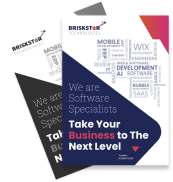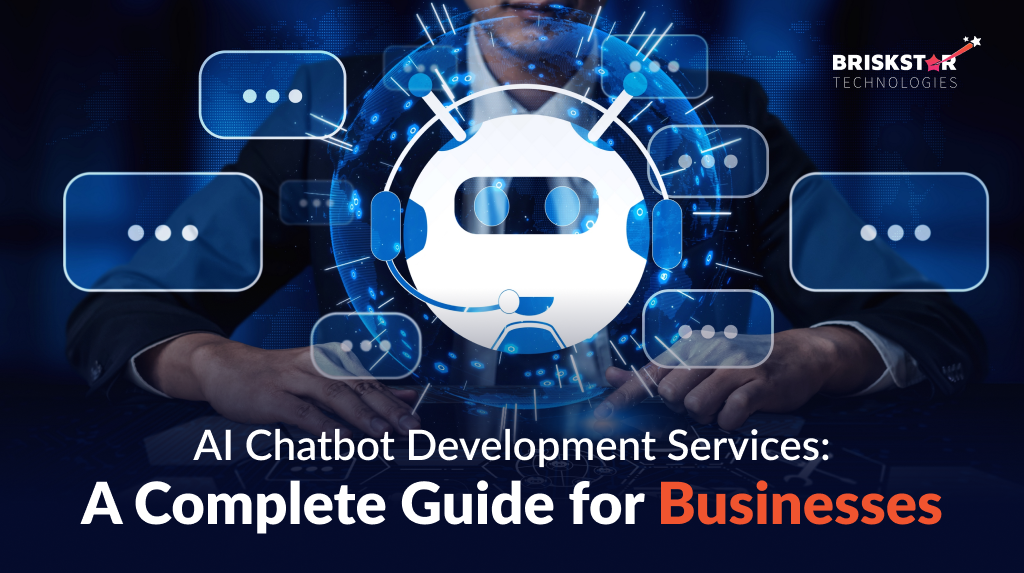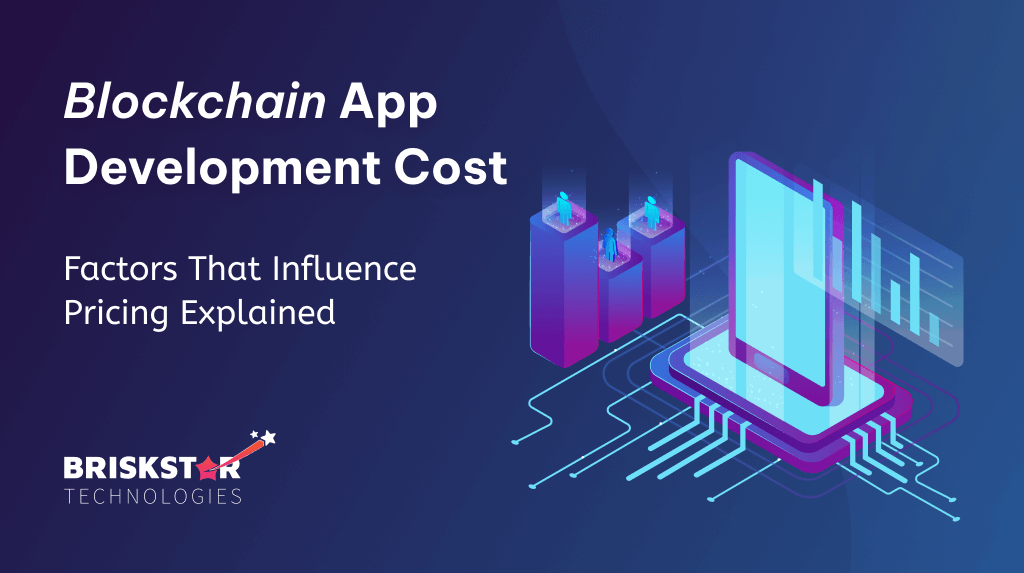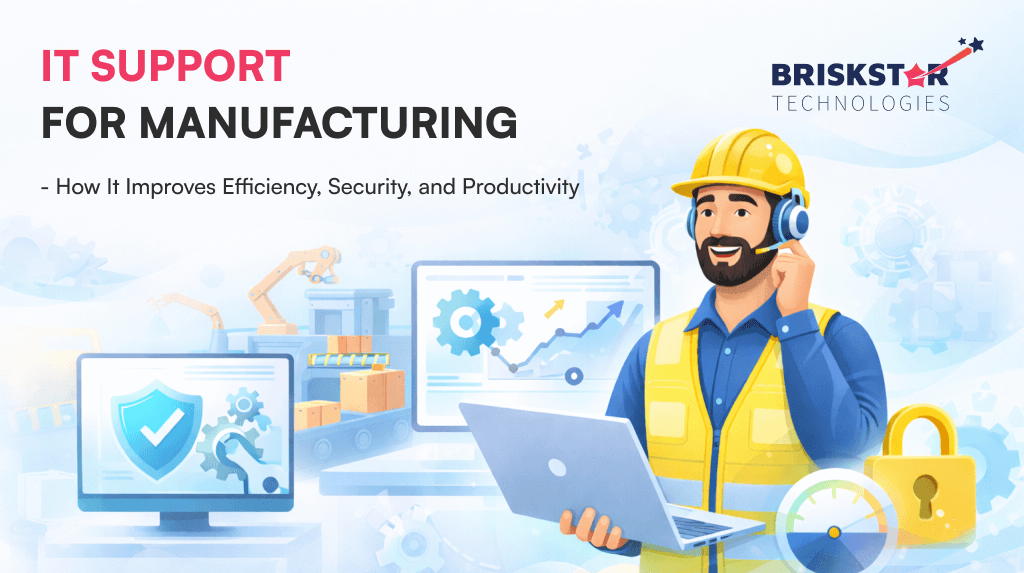AI Chatbot Development Services: A Complete Guide for Businesses
In today’s competitive business environment, customer expectations are evolving rapidly. Whether it’s instant responses to queries, personalised interactions, or round-the-clock support, modern customers demand convenience at every touchpoint. This is where AI chatbot development services step in as a game-changer.
AI chatbots are no longer basic, pre-programmed bots that only handle generic questions. With advancements in artificial intelligence (AI), natural language processing (NLP), and machine learning (ML), chatbots are now intelligent virtual assistants capable of understanding context, learning from interactions, and delivering tailored solutions.
For businesses, investing in AI chatbot development means much more than simply adding an automated chat window on a website. It’s about transforming customer experience, streamlining operations, reducing costs, and unlocking new revenue opportunities.
This comprehensive guide explores everything businesses need to know about AI chatbot development services: their benefits, use cases, development process, costs, challenges, best practices, and future trends.
What Are AI Chatbot Development Services?
AI chatbot development services refer to the end-to-end process of designing, building, deploying, and maintaining chatbots powered by artificial intelligence. Unlike traditional rule-based chatbots that rely on pre-set scripts, AI chatbots are equipped with NLP and ML algorithms that allow them to interpret human language, understand intent, and provide intelligent responses.
These services are typically offered by specialised chatbot development companies, AI service providers, or software development firms. Depending on business needs, chatbots can be developed for:
- Websites (customer service and sales support)
- Mobile apps (in-app assistants for guidance and engagement)
- Messaging platforms like WhatsApp, Facebook Messenger, or Slack
- Voice assistants such as Alexa or Google Assistant integrations
In essence, AI chatbot development services help businesses design customized solutions that align with their industry, target audience, and customer journey.
Why Businesses Need AI Chatbot Development Services
AI-powered chatbots are no longer optional – they’re a necessity. Businesses of all sizes, from start-ups to global enterprises, are adopting chatbots to stay ahead of the curve. Here’s why:
1. 24/7 Customer Support
Chatbots ensure round-the-clock availability. Unlike human agents restricted by working hours, chatbots operate continuously, offering assistance to customers in different time zones without delay.
2. Cost Efficiency
Hiring, training, and maintaining large customer support teams can be expensive. Chatbots handle high volumes of repetitive queries cost-effectively, allowing human agents to focus on complex issues.
3. Faster Response Times
Consumers hate waiting. AI chatbots deliver instant answers, significantly improving customer satisfaction and reducing drop-offs during online purchases or service requests.
4. Personalised User Experience
With AI and ML, chatbots can analyse customer history, preferences, and behaviour to provide tailored responses, product recommendations, or solutions.
5. Omni-Channel Engagement
Modern AI chatbots integrate seamlessly with websites, apps, and social platforms, ensuring a unified customer experience across multiple touchpoints.
6. Data Collection and Insights
Every conversation is valuable data. AI chatbots collect and analyse these interactions, providing businesses with insights into customer pain points, buying patterns, and service gaps.
7. Scalability
During peak seasons (such as holiday sales or product launches), chatbots scale effortlessly, managing thousands of conversations simultaneously without compromising service quality.
Types of AI Chatbots
AI chatbot development services usually tailor chatbots to specific business objectives. Here are the main types:
1. Rule-Based Chatbots
These chatbots use decision trees and predefined scripts. They are best for handling FAQs and simple queries but lack contextual understanding.
2. AI-Powered Chatbots
Using NLP and ML, these chatbots interpret intent and context, offering natural and dynamic conversations. They improve over time through continuous learning.
3. Voice-Enabled Chatbots
Integrated with speech recognition and voice assistants, these chatbots allow customers to interact through voice commands, making them ideal for hands-free customer service.
4. Transactional Chatbots
These bots go beyond answering questions – they help customers complete tasks such as booking appointments, processing payments, or placing orders.
5. Social Media Chatbots
Deployed on WhatsApp, Messenger, or Instagram, these chatbots engage customers directly where they spend most of their time.
Industries Benefiting from AI Chatbot Development
AI chatbots are versatile and adaptable across industries. Some of the key sectors leveraging chatbot development services include:
- E-commerce & Retail – for order tracking, personalised recommendations, and handling returns.
- Banking & Finance – for account enquiries, fraud detection alerts, and financial advice.
- Healthcare – for appointment scheduling, symptom checking, and patient support.
- Travel & Hospitality – for bookings, itinerary updates, and real-time support.
- Education – for student FAQs, admissions guidance, and e-learning assistance.
- Real Estate – for property listings, lead generation, and scheduling viewings.
- IT & SaaS – for technical support and onboarding.
The AI Chatbot Development Process
Creating an effective AI chatbot requires a structured approach. Most AI chatbot development companies follow these stages:
1. Requirement Analysis
- Define goals: customer support, lead generation, sales, or internal assistance.
- Identify target users and expected use cases.
- Select preferred platforms (website, mobile, or messaging apps).
2. Design & Conversation Flow
- Create conversational scripts and dialogue trees.
- Map user journeys and possible scenarios.
- Ensure natural, engaging, and context-aware interactions.
3. Technology Selection
- Choose development frameworks (Dialogflow, Microsoft Bot Framework, Rasa, IBM Watson, etc.).
- Integrate NLP and ML algorithms.
- Decide on hosting (cloud or on-premise).
4. Development & Integration
- Build chatbot logic using AI frameworks.
- Integrate with CRMs, ERPs, payment gateways, or third-party apps.
- Enable omni-channel support.
5. Testing
- Conduct rigorous testing for accuracy, intent recognition, and conversation flow.
- Test across platforms (web, mobile, social).
- Collect beta-user feedback for refinement.
6. Deployment
- Launch chatbot in live environments.
- Ensure scalability and security measures.
7. Monitoring & Maintenance
- Regularly update the chatbot with new data.
- Monitor performance metrics (accuracy, response time, customer satisfaction).
- Continuously optimize for improvement.
Challenges in AI Chatbot Development
Despite their advantages, businesses may face challenges, such as:
- Understanding complex queries – AI may struggle with slang, sarcasm, or multi-intent questions.
- Integration issues – Connecting with legacy systems or third-party tools can be tricky.
- Data privacy and compliance – Chatbots must comply with GDPR and other data regulations.
- User adoption – Some customers prefer human interaction, making it essential to offer hybrid support.
- Training requirements – Chatbots need constant training and dataset updates to remain effective.
Future Trends in AI Chatbot Development
AI chatbot development is evolving rapidly. Some key future trends include:
- Hyper-personalisation using predictive analytics and customer profiling.
- Voice-first chatbots gaining dominance with smart speakers.
- AI-powered emotional intelligence to detect customer emotions.
- Proactive chatbots that initiate conversations based on user behaviour.
- Integration with IoT for smart device management.
- Low-code/no-code chatbot builders enabling businesses to create chatbots faster.
How Much Do AI Chatbot Development Services Cost?
Costs vary widely depending on complexity, features, and platforms. On average:
- Basic chatbots (rule-based FAQs): $3,000 – $8,000
- AI-powered chatbots with NLP and ML: $10,000 – $30,000
- Enterprise-grade chatbots with integrations, analytics, and voice: £30,000+
Ongoing maintenance, updates, and hosting also add to long-term costs. Partnering with the right AI chatbot development company ensures better ROI and long-term value.
Best Practices for Businesses
- Start small and scale – launch with a focused use case, then expand.
- Keep conversations human-like – avoid robotic, repetitive language.
- Offer human handover – always provide an option to connect with a live agent.
- Prioritise security – protect sensitive data with encryption and compliance.
Monitor continuously – use analytics to refine chatbot performance.
Final Thoughts
AI chatbot development services are transforming how businesses engage with customers. From reducing operational costs to delivering personalised, round-the-clock experiences, chatbots are no longer a futuristic concept but a present-day necessity.
As technology advances, businesses that embrace AI-powered chatbots today will be better positioned to meet customer expectations, stay competitive, and drive growth in the digital age.
FAQs on AI Chatbot Development Services
What are AI chatbot development services, and how do they differ from traditional chatbots?
AI chatbot development services involve building intelligent bots that use artificial intelligence and natural language processing to understand user intent. Unlike traditional bots that rely solely on scripts, AI chatbots learn from interactions and adapt to provide smarter responses.
How can businesses benefit from AI chatbot development?
Businesses benefit through cost savings, 24/7 support, faster response times, personalisation, and improved customer satisfaction. Chatbots also provide valuable insights into customer behaviour.
Which industries need AI chatbot development the most?
Industries such as retail, healthcare, finance, travel, education, and IT benefit heavily, but chatbots can be customized for virtually any sector.
What technologies are used in chatbot development?
Frameworks like Dialogflow, Rasa, Microsoft Bot Framework, and IBM Watson are common. These integrate NLP, ML, and AI capabilities to deliver robust chatbot solutions.
How long does it take to develop an AI chatbot?
The development timeline ranges from 4 to 12 weeks depending on complexity, integrations, and required features.
How do businesses choose the right AI chatbot development company?
Factors include experience, technology stack, industry expertise, portfolio, and post-deployment support. A trusted partner ensures scalability and reliability.
What is the future of AI chatbot development services?
The future lies in voice-enabled assistants, hyper-personalised experiences, proactive engagement, and emotional intelligence that allows bots to interact more naturally and empathetically.
![circle-shapes]()











